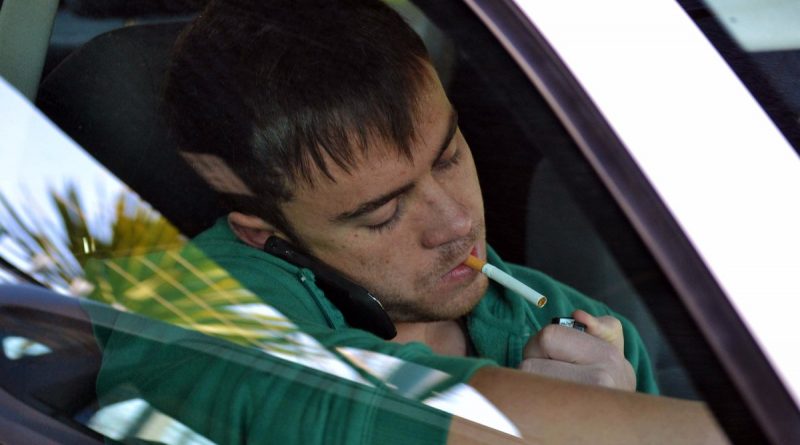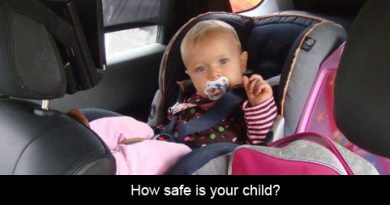1 527 Road fatalities and the offenses that caused them
According to a statement released last week by Transport Minister, Joe Maswanganyi, 1 527 people died on our roads between 1 December 2017 and 15 January 2018. Although this is a significant decrease from the 2016/17 festive season, the offenses that led to these fatalities occur on our roads, all year round.
According to JMPD Chief Superintendent, Wayne Minnaar: “The main offenses that motorists commit which cause accidents include speeding, dangerous overtaking and ignoring of white lines, drunken driving, reckless driving, disregarding stop signs and red traffic lights, turning in face of oncoming traffic, entering the road in an unsafe manner, and turning from the wrong lane.”
Warwick Scott-Rodger, Executive Head of Dialdirect Insurance, who recently launched an app to encourage motorists to drive right says: “More can and should be done to address motorists’ disregard of road rules and driver negligence. We believe that making drivers more cognisant of their reckless behaviour behind the wheel could go a long way to reduce the devastation we currently experience on our roads every day.
Dialdirect Insurance offers the following practical tips for improving your driving habits:
- Don’t speed. According to the World Health Organization, you could save your own or someone else’s life with just a 10 km/h decrease in speed. This small change reduces fatalities by almost 40%.
- “STOP” isn’t a suggestion, it’s a rule. Don’t overestimate your own luck, timing ability or observation skills. A couple of seconds gained aren’t worth the risk of years behind bars, injury or death. Stop at a red traffic light and stop sign, without fail.
- Obey the line. If a line indicates that it’s not safe to pass, don’t. If lines indicate that you need to get back in your lane, do so immediately. Even with lines permitting overtaking, always make double sure that it’s safe to do so.
- Don’t drink and drive. SA’s legal limit is a breath alcohol content of 0.24mg per 1000ml, or a blood alcohol limit of 0.05g per 100ml. As a rule of thumb, two drinks in one hour will put you over the limit. Bear in mind that you could still be over the limit the morning after. Alternate the alcoholic drinks you do have with soft drinks or water. If you’ve been drinking, do not take a chance and rather call a taxi.
- Always look twice. Making a decision on “autopilot” could cost you your life, so be sure to look again, every time, before entering a road or turning. Be especially mindful of motorcycles and vehicles without the necessary lights or indicators, or drivers who forgot to turn their indicators off.
- Focus. Avoid distractions like eating, drinking, touching up make-up, minding kids or using your mobile phone whilst driving.
- Choose the correct lane for the speed that you’re traveling at.
- Think ahead by keeping a constant eye on the vehicles in front of you.
- Plan your turns, as well as your highway entrances and exits, well in advance to ensure that you get into the correct lane early enough.
- Bear other drivers in mind. They also need to plan for your vehicle’s movements, so be sure to indicate clearly and timeously.
- Help your fellow road users. Report faulty traffic lights, damage to roads, obstructions and bad driver behaviour hotspots to the authorities.
“A mind-shift to stick to the rules and respect other drivers is what’s needed to help prevent the thousands of road deaths in South Africa,” Scott-Rodger concludes. “In case the unforeseen does happen, it’s wise to have sufficient insurance cover so that you can be up and running again as soon as possible.”
Bad Driving Habits and Unsafe Driving!! What Are They? https://t.co/AiR4jsajZS #ArriveAlive pic.twitter.com/C5rpDW7juc
— Arrive Alive (@_ArriveAlive) October 16, 2017




